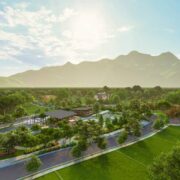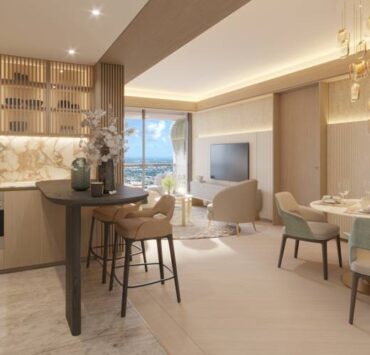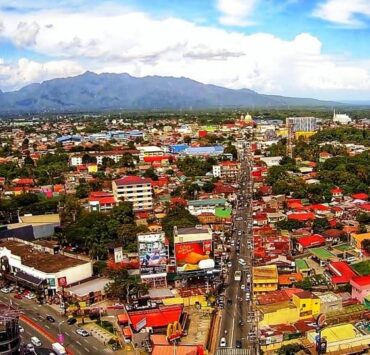CBDI ‘builds from the heart’ to create sustainable, quality homes
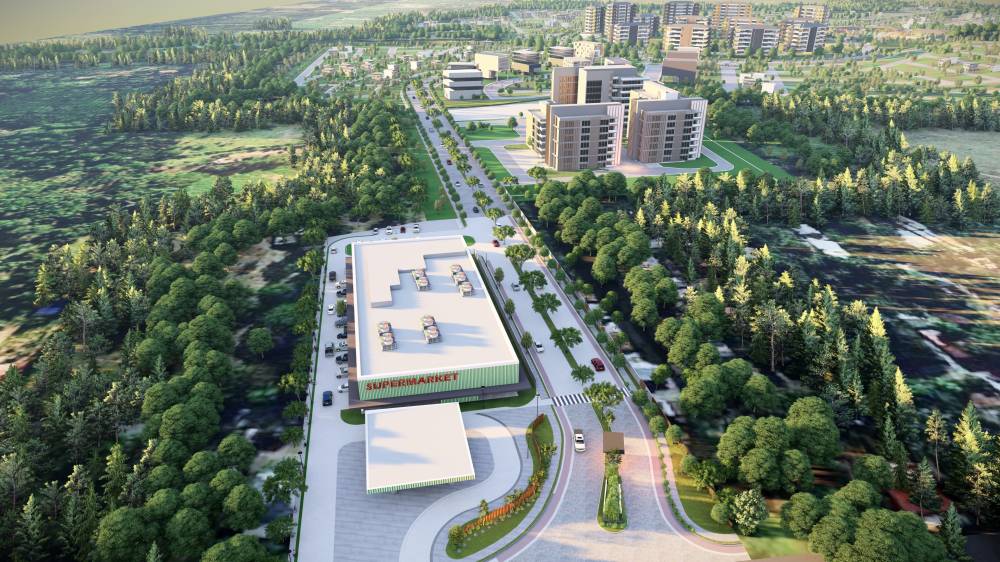
Citihomes Builder and Development Inc. (CBDI) has always carried a sense of mission. From its inception in 1983, it has sought to provide affordable housing solutions in the outskirts of Metro Manila—a mission it carried more so when it became a full-fledged real estate developer in 2006.
Building from the heart
It was in 2006 that CBDI rebranded and embraced the tagline “Building from the Heart,” shifting its focus from merely constructing homes to creating entire communities. This redefined approach anchors its six-pronged brand promise: delivering value for money, ensuring sound investments, maintaining quality construction, creating secure communities, offering flexible financing, and providing exceptional customer service.
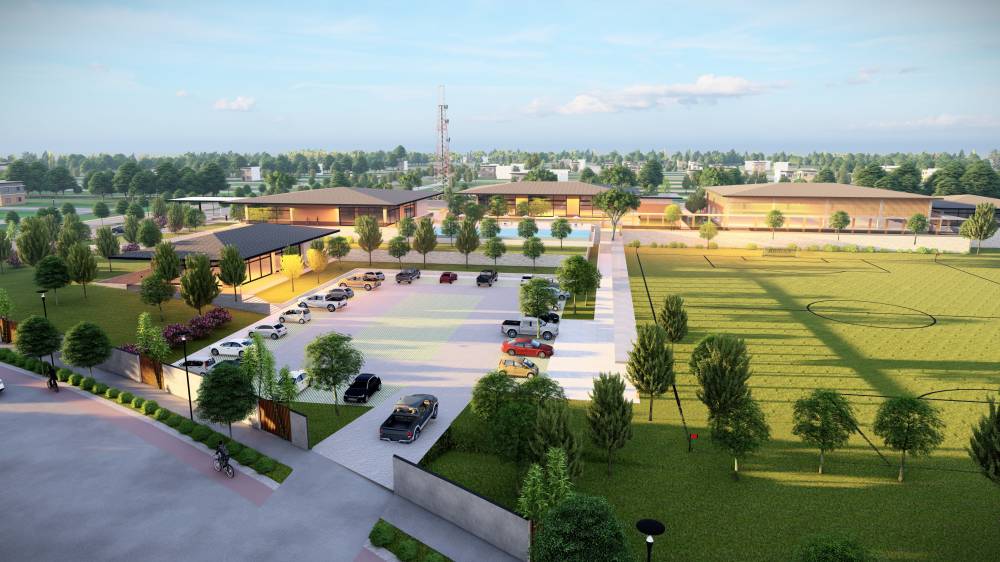
This commitment remains evident today in the quality of CBDI’s projects, which boast of comfortable clubhouses, sports centers, and covered courts. The homes are equipped with security grills, high ceilings, and now include innovative features that empower homeowners to contribute to environmental sustainability. These values have driven its growth over the years, encompassing 160 hectares of residential developments, 20 completed communities, and over 16,000 homes.
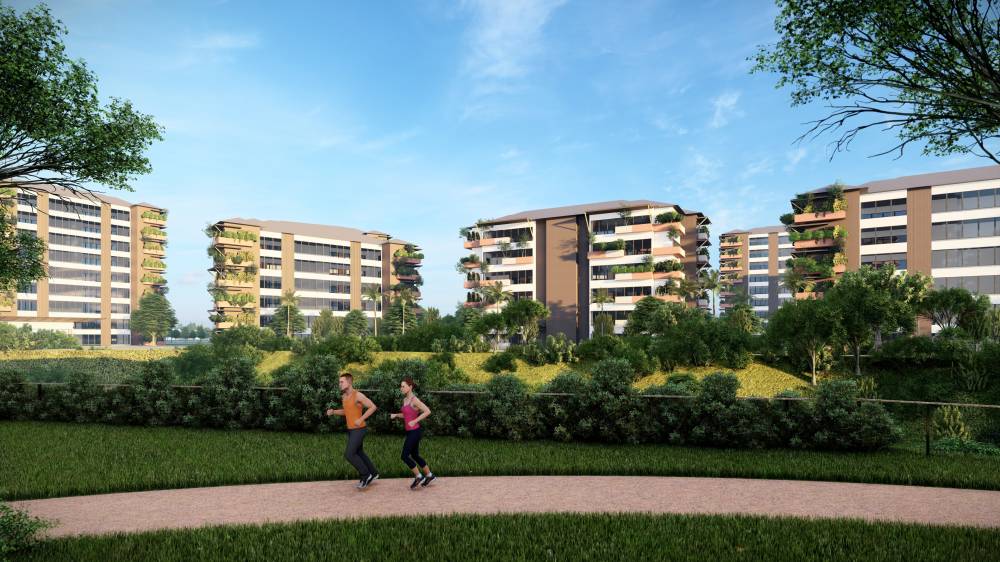
“We believe we are but stewards of God’s resources. At CBDI, we acknowledge that we are doing God’s business, so there’s no other way to do it except God’s way, according to His Word,” explained CBDI president and CEO Rosie Tsai.
“We focus on inculcating a daily habit of working from a heart that cares, a heart that is fair and honest, and a heart willing to serve. That is the CBDI way of building from the heart,” she said.
This is aptly reflected in CBDI’s mission statement: “In the service of God, we help people achieve more meaningful lives by building quality homes and communities.”
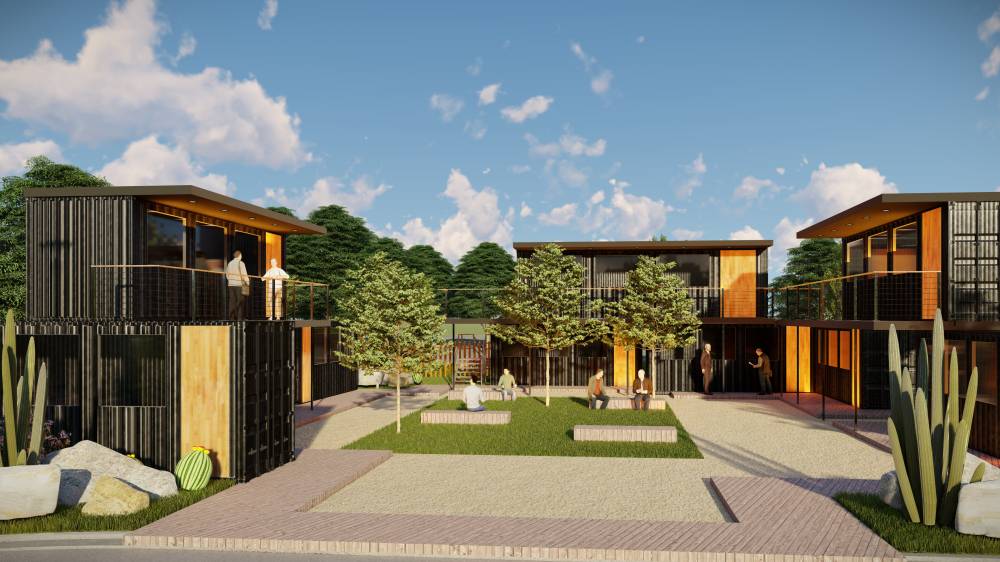
Sense of mission
Such a mission has since guided CBDI as it continues to help address the country’s swelling housing backlog, now likely higher than 6.5 million units. But doing so has been a tricky and delicate balancing act for the company.
CBDI executive vice president John Philip Wang explained that their business model is a numbers game given the strict price ceilings and the rising costs. Rising material, labor and land costs postpandemic have squeezed profit margins and made it challenging to keep projects affordable.
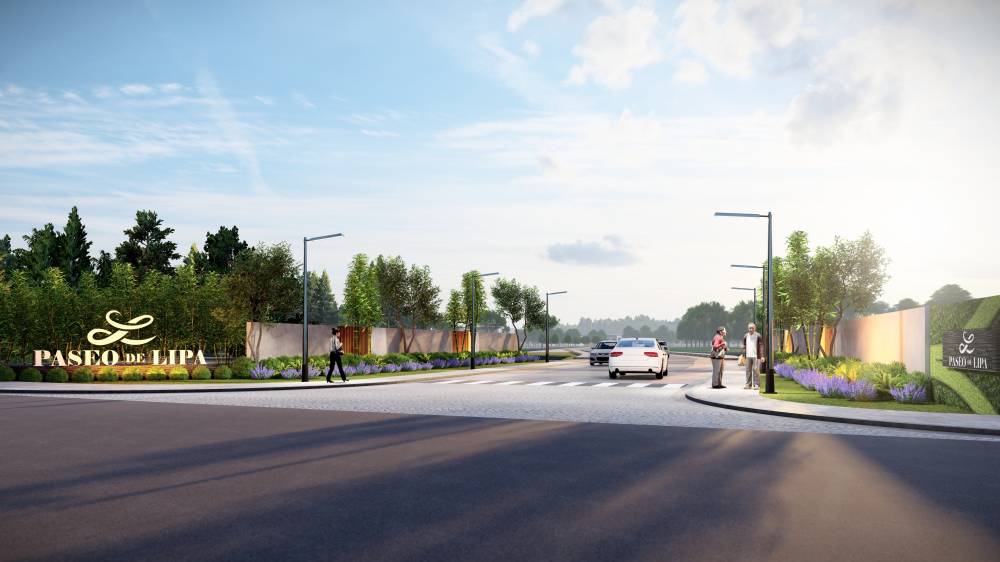
The bigger challenge, Wang added, was how to put in all the sustainable features they want to integrate in their developments and still keep their prices and buyers’ financing within a reasonable level of affordability.
“Not only did we have to get the numbers right, we also had to get many stakeholders to believe in what we’re doing,” Wang said. Those institutions include the Home Development Mutual Fund, its bank partners, Manila Electric Co. (Meralco), the local government, and the Department of Human Settlements and Urban Development, among others.
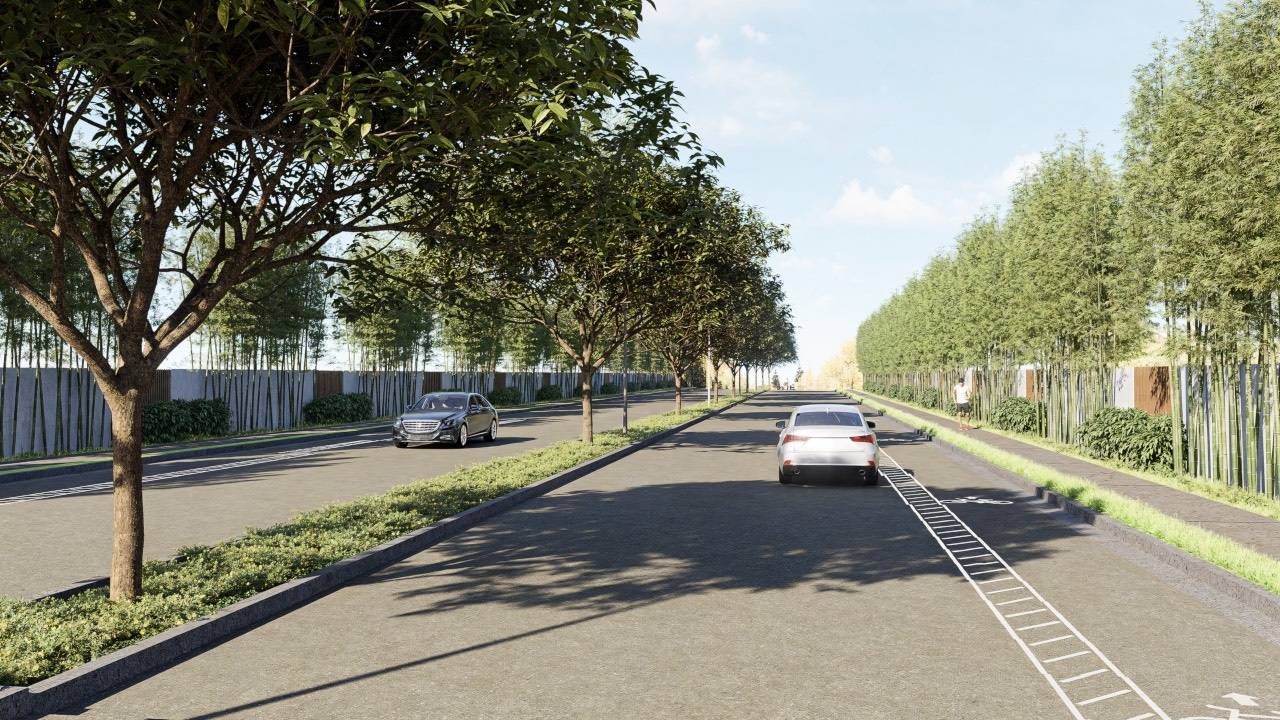
Commitment to sustainability
In fact, CBDI even went beyond providing homes in the economic and low cost housing segment as it also embraced a mission to ensure sustainability across all its projects.
In 2022, it cemented its newfound commitment to sustainability by launching Liora Homes Naic. Besides helping address the housing backlog, this community served as proof that “going green” was not far beyond the market segment it served.
Liora Homes Naic is CBDI’s first sustainability-focused project, made up of 3,345 housing units with future phases on hand. Accolades soon proved the company’s commitment was no lip service. The development became the Philippines’ first BERDE-certified Residential District. Its Amora townhomes too, received EDGE certification from the International Finance Corp.
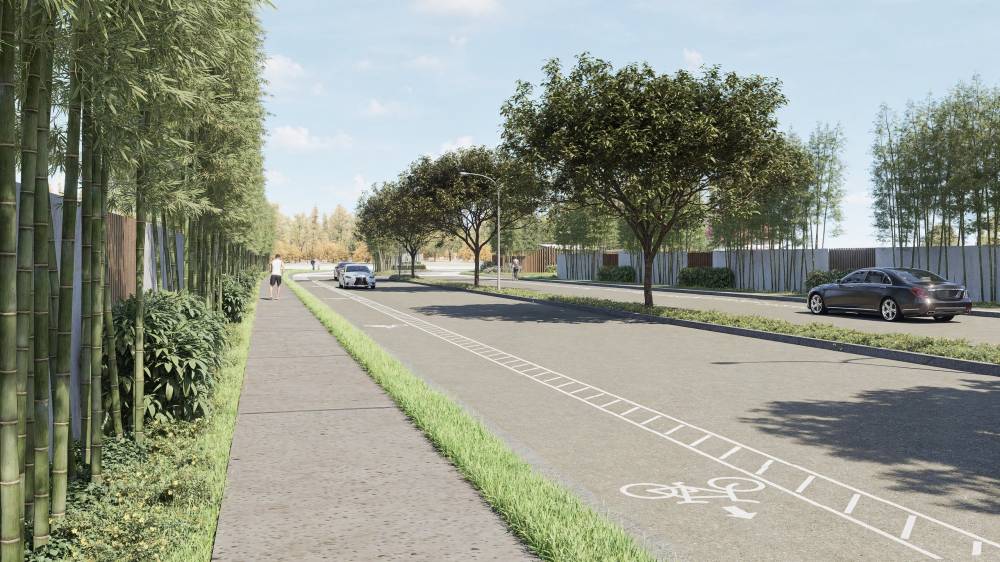
Five elements
Today, Liora Homes Naic serves as a prototype for all future CBDI developments, including for its newest 100-ha township Paseo De Lipa in Batangas. CBDI incorporates sustainable solutions corresponding to the five elements of Chinese cosmology: fire, water, wood, earth and metal.
Fire is manifested by its solar panel systems energy production. All units feature solar panels by Solar NRG Philippines that reduce reliance on non-renewable energy sources and provide significant savings on power bills. Water is harvested by rainwater harvest tanks by Weida Philippines, helping preserve groundwater and mitigate flooding.
The wood element comes in CBDI’s move toward synthetic wood planks instead of traditional lumber, and the conception of affiliates Kaway’an Eco-Development Inc. and Kaway’an Agri-Ventures Inc., which embarked on the planting and harvesting of bamboo to replace lumber.
Earth is represented by CBDI’s increasing number of waste management initiatives, which started with four-chamber septic tanks and outfall treatment facilities at Liora Homes Naic. For metal, CBDI has moved from steel-based to aluminum windows, which are far more durable and have lesser carbon footprint.
The company currently adheres to a “Go Green Meter” framework, tracking five specific metrics namely solar production capacity, rainwater harvesting capacity, carbon dioxide emissions avoided annually, coal saved from burning annually and trees saved. The goal is to reduce carbon dioxide emissions equivalent to those produced by over 900 cars yearly, and to harvest rainwater enough to fill 80 Olympic-size swimming pools annually.
Long term value
CBDI acknowledges that its units are not the cheapest in its category. Homebuyers should, however, understand that the higher costs also mean sustainable, long-term value.
“You buy property for years and decades. You need to invest in your home because it’s where your children grow up,” Wang concluded.













